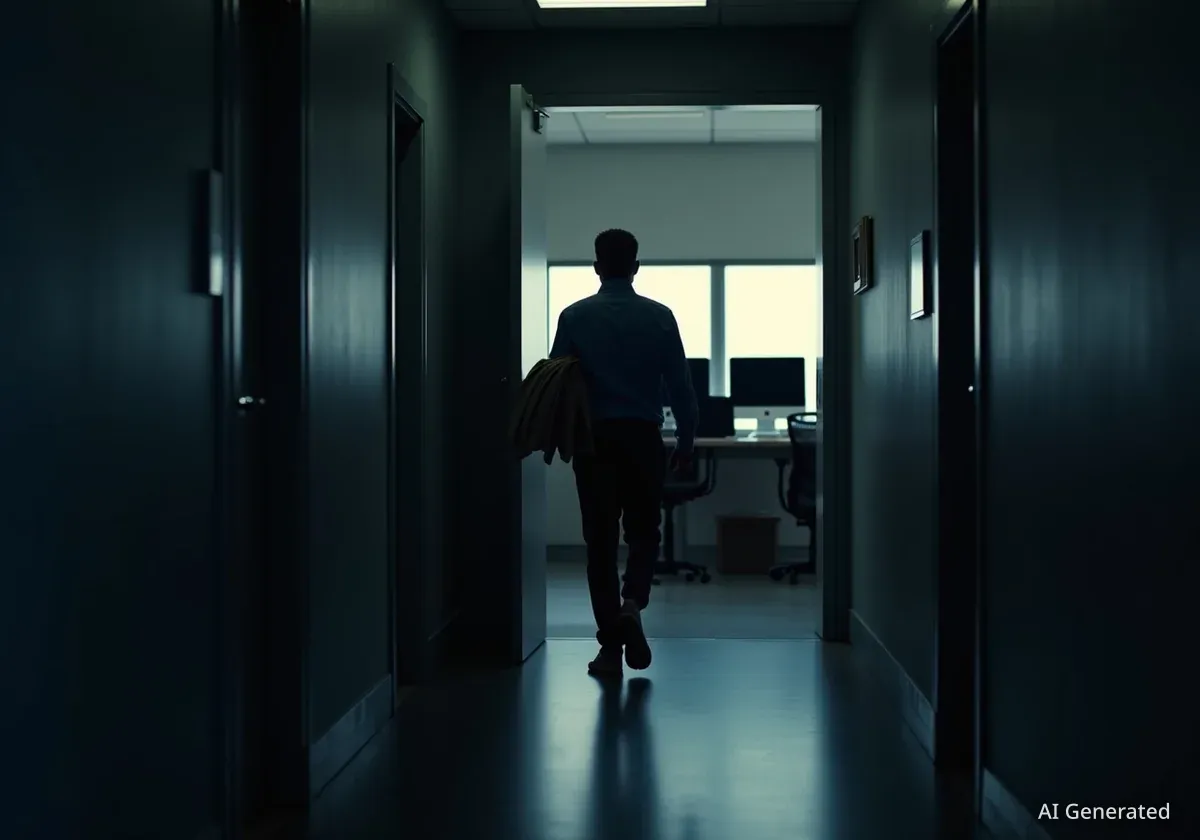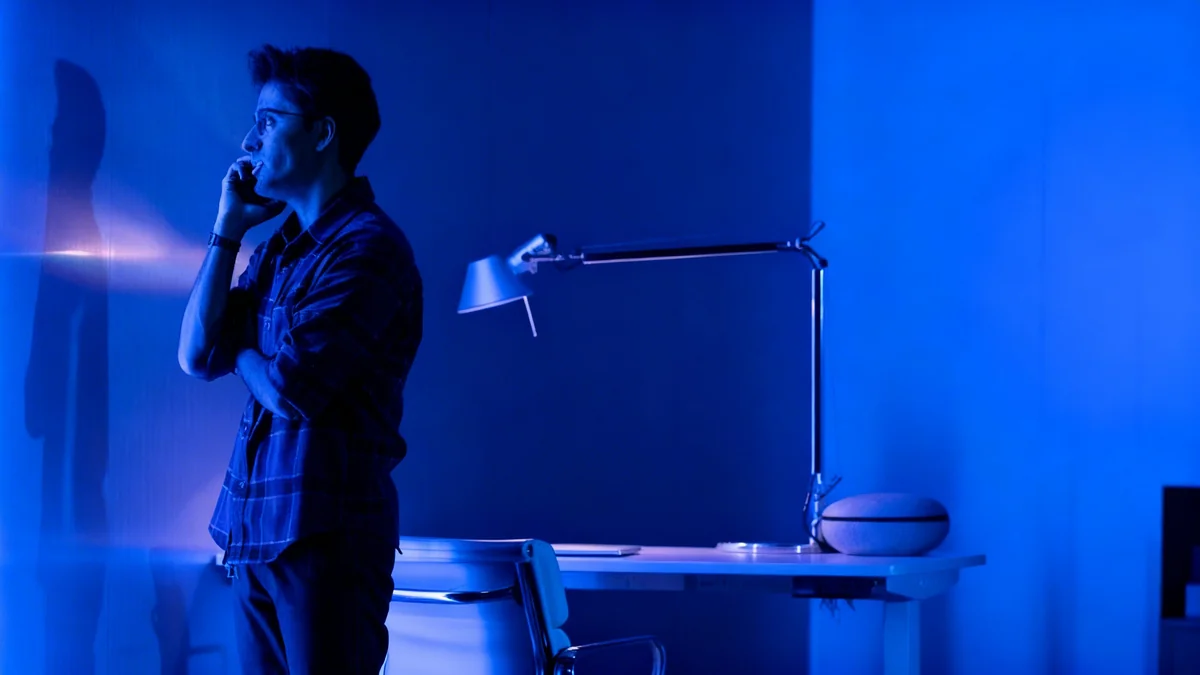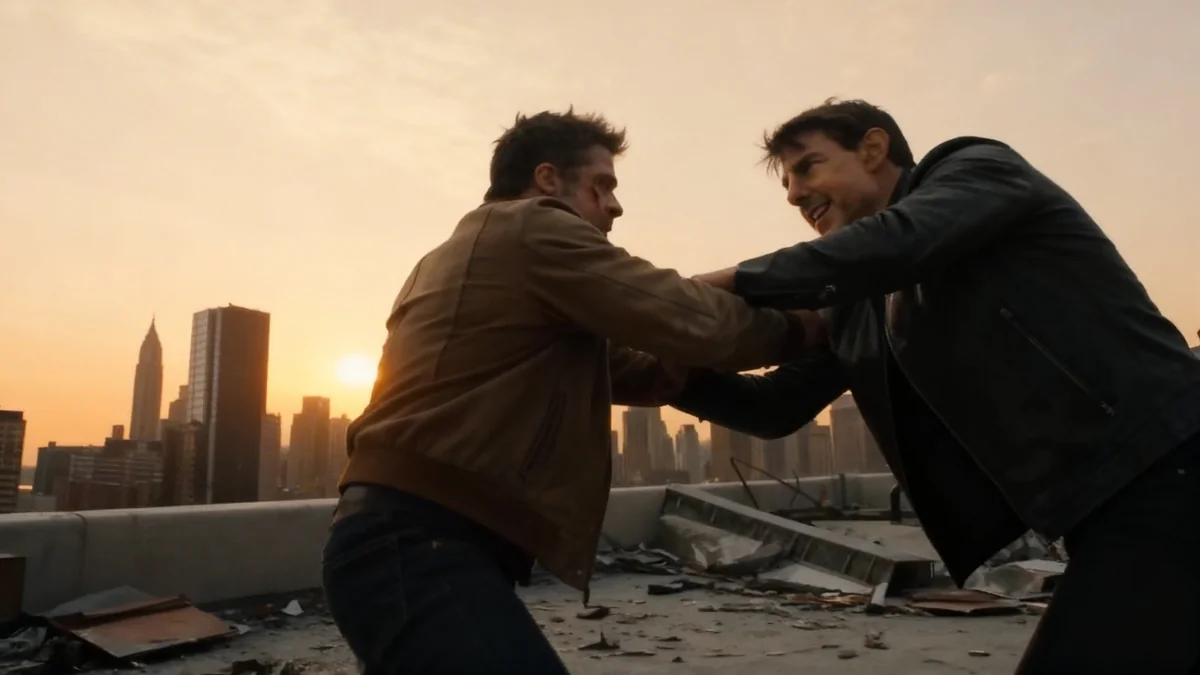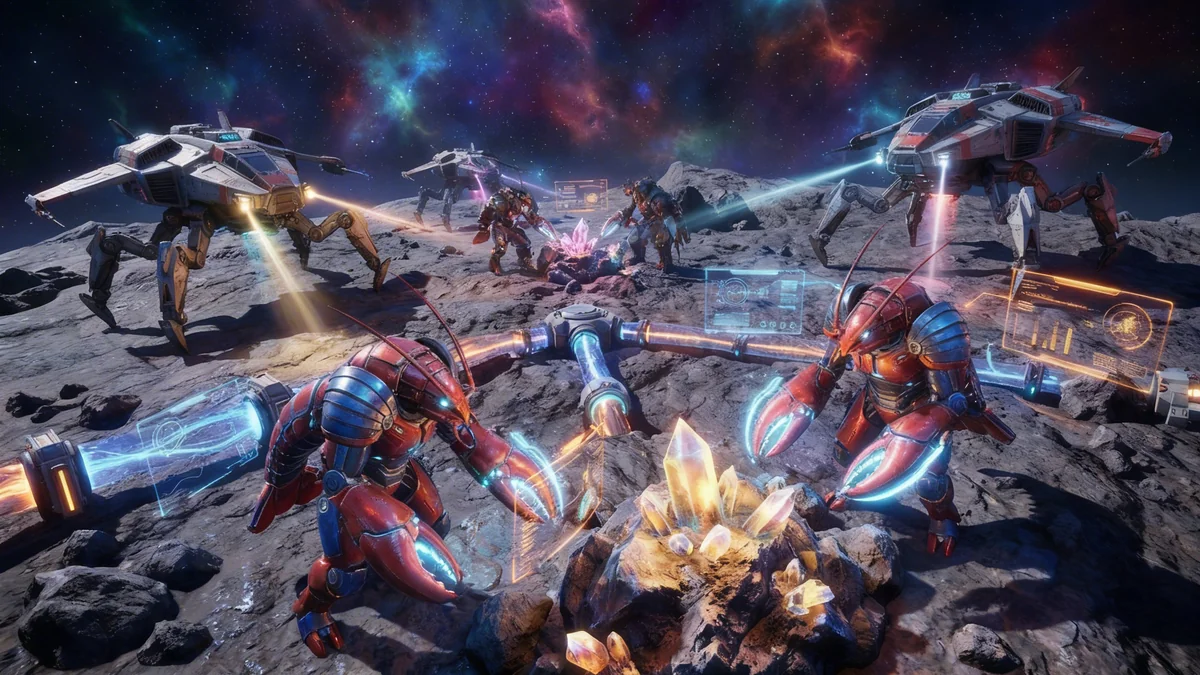World Wrestling Entertainment (WWE) is navigating the integration of artificial intelligence into its creative process, a move that has sparked significant discussion and unease among its writing staff. In response to growing concerns, Chief Content Officer Paul “Triple H” Levesque has directly addressed the creative team, stating that no writers will be replaced by the technology.
The company's venture into AI-assisted storytelling involves a partnership with the platform Writer AI and the hiring of Cyrus Kowsari as Senior Director of Creative Strategy. While management frames the technology as a supportive tool, some backstage personnel remain apprehensive about its long-term implications for their roles.
Key Takeaways
- WWE's Chief Content Officer Paul Levesque assured the creative team that AI will not replace any writers.
- The company is using a platform called Writer AI to assist with storyline development, training it on past WWE content.
- Despite assurances, some staff members are reportedly uneasy due to recent incidents that have lowered internal trust.
- Current AI output is considered weak, as it is primarily learning from older storylines from the Vince McMahon era.
WWE's Foray into AI-Powered Creativity
WWE has officially begun incorporating artificial intelligence to supplement its creative writing process. The initiative is being spearheaded by the newly appointed Senior Director of Creative Strategy, Cyrus Kowsari, who is tasked with overseeing the integration of this new technology.
The company has partnered with Writer AI, a platform designed to generate content. This system is being trained on WWE's extensive archive of past storylines and scripts, theoretically allowing it to understand the unique narrative style of professional wrestling.
The initial news of this partnership led to speculation that the company was planning to automate creative roles, potentially leading to a reduction in the writing staff. However, internal communications have sought to dispel these rumors, positioning the AI as an assistive tool rather than a replacement for human writers.
Leadership Addresses Staff Concerns
As apprehension grew within the company, WWE's leadership took steps to manage the internal narrative. During a recent production meeting, Paul Levesque, the company's Chief Content Officer, made a direct statement to the creative department.
"Nobody in the writers’ room will be replaced," Levesque reportedly told the team.
This assurance was intended to calm fears and clarify the intended role of AI within the workflow. Sources indicate that while WWE executives were displeased with the public reports suggesting writer replacement, they did not issue an outright denial until Levesque's internal meeting.
A Climate of Uncertainty
The reassurances from management are being met with some skepticism backstage. According to internal sources, recent company events have contributed to a lower level of trust among employees. This pre-existing unease has made some staff members wary of the long-term plans for AI, regardless of current statements.
The sentiment is that while the technology is presented as an aid today, its future application remains an open question, causing a degree of lingering uncertainty for those whose jobs involve creative ideation and scripting.
The Current Limitations of Creative AI
One of the primary factors currently preventing a more significant role for AI in WWE's creative process is the quality of its output. The system is learning from decades of material, with a heavy emphasis on content created during the Vince McMahon era.
A source familiar with the situation noted that the AI's current suggestions are considered weak. The narrative style and character development from past decades do not always align with the more modern, nuanced storytelling that the current leadership aims to produce.
Training on a New Era
There is an internal belief that the AI's performance will improve over time. As the system is fed more recent content developed under the current creative direction, it is expected to adapt and generate more relevant and higher-quality ideas. The goal is for the AI to eventually become a valuable brainstorming partner for the human writers.
This learning curve highlights a key challenge in applying generative AI to established entertainment franchises: the need to evolve beyond legacy data to reflect contemporary tastes and creative philosophies.
The Future of Storytelling in Sports Entertainment
WWE's experiment with artificial intelligence places it at the forefront of a broader conversation happening across the entertainment industry. Studios and production companies are all exploring how AI can be used to streamline development, generate ideas, and assist in scriptwriting.
The central debate revolves around the balance between technological assistance and human creativity. For WWE, the immediate plan is clear: AI is a tool to support writers, not supplant them.
The long-term success of this initiative will depend on several factors:
- Technological Improvement: The AI must evolve to produce genuinely useful and creative contributions.
- Staff Adoption: The creative team must be willing to integrate the tool into their workflow effectively.
- Maintaining Trust: Management will need to remain transparent about the technology's role to retain the confidence of its creative staff.
As WWE continues to train its AI on new material, the entire industry will be watching to see how this blend of human ingenuity and machine learning shapes the future of sports entertainment narratives.





